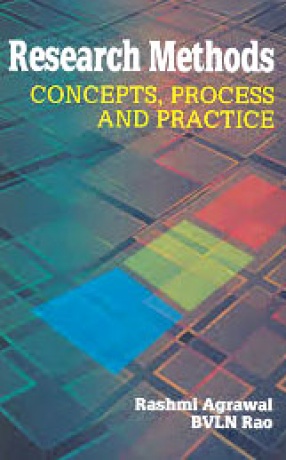"Grassroots leadership emerges from the panchayats and is represented on the panchayat Samiti and the zilla parishad. By and large those elected to the second and third tier of the panchayati raj institutions demonstrate leadership qualities which are discussed at some length in this volume. The fulfilment of its development functions defines grassroots leadership and is the essential challenge of the times, particularly in a backward region dominated by tribals. The author delineates the further marginalisation of the adivasis even as he delves into the ideological proclivities of the peasants and workers party which dominates the area discussed. In order to maintain its hold over the electorate, the PWP has had to adapt to the changing scenario: The challenge posed by the Congress has been tackled by it venturing into the cooperative movement, and more recently it has taken on the BJP and the Shiv Sena. There has been a definite shift to the right of the ideological divide and PWP, a Marxist party, has had on occasion to ally with its old enemy. But it does not have a clear cut position on the issue: its attitude towards the Congress, as indeed the Shiv Sena, remains ambivalent. As is the case with the first and second volumes, which respectively dealt with the MLA and the MP, the study of the leadership in the third and last volume is also located in Maharashtra; indeed in the adivasi pocket of Pen Tahsil, Raigad district where the author was working with an activist group in the late eighties. It is from this vantage point that Dr. Vohra has observed the change in the grassroots leadership: the new one is no longer in the control of the large landowners and moneylenders. The current grassroots leadership is represented by the mofussil lawyer, trader, businessman, government employee, reflecting the dynamics of an evolving society."
Diary of An Organic Farmer
$50.40
$56.00








There are no reviews yet.